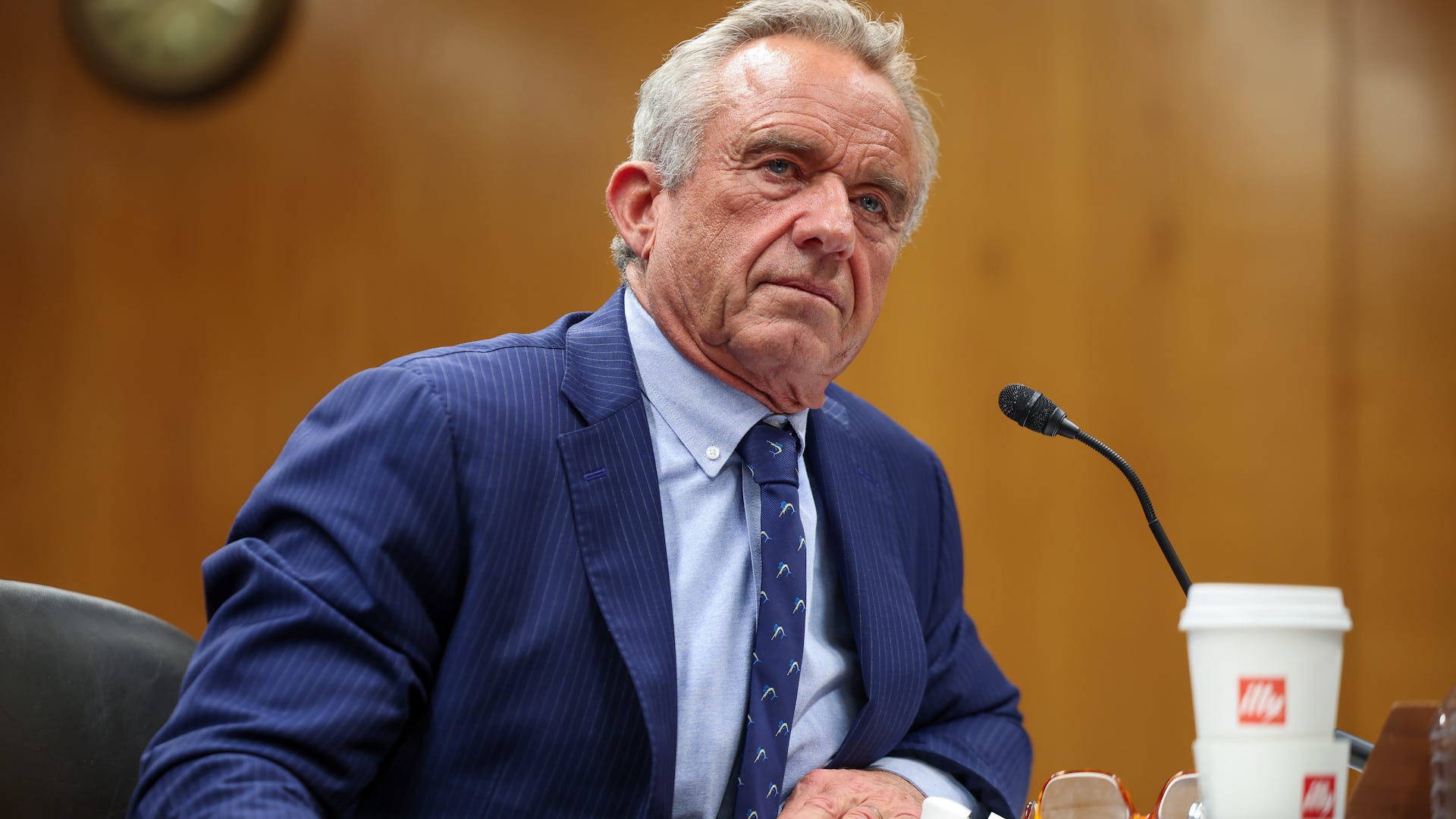When U.S. Health Secretary Robert F. Kennedy Jr. announced on Aug. 5 that nearly $500 million to research mRNA vaccines would be canceled, it was one in a continuing line of moves that have put his long-held vaccine skepticism into public policy even though scientists at his own agency say the vaccines are safe.

Kennedy said the termination of funding for 22 mRNA projects would free up money for "safer, broader vaccine platforms that remain effective even as viruses mutate.” No new mRNA projects will be initiated, he said.
But many scientists say he is effectively canceling research into a promising field that has been shown to be safe and may have multiple health care uses.
Start the day smarter. Get all the news you need in your inbox each morning.
Story continues below photo gallery.
What are mRNA vaccines?
For more than a century, traditional vaccines have contained weakened or even dead viruses that trigger a person's immune system to develop specific antibodies that resist infection from a specific virus.
These traditional vaccines helped wipe out many deadly communicable diseases in the developed world, including polio, hepatitis, measles, smallpox, whooping cough and others that had caused thousands of deaths each year.
The term "mRNA" stands for "messenger ribonucleic acid." Vaccines made with this technology also trigger an immune response but without introducing a piece of the virus into a person's body. It uses genetically-engineered molecules that prompt cells to make a protein that corresponds with a protein on a virus. That causes the immune system to produce antibodies against the virus.
How much research has been done on mRNA vaccines?
The discovery of mRNA dates back to the 1960s, and research into vaccine development using it began in the 1990s. By the 2010s, vaccines for viruses ranging from rabies to Ebola were being developed.
What was mRNA's impact on COVID?
It wasn't until the COVID-19 pandemic that the public became aware of mRNA vaccines. Two COVID mRNA vaccines from Moderna and Pfizer were fast-tracked and made available to the public in early 2021.
Although the vaccines did not stop transmission, they greatly reduced COVID symptoms. A study by several universities in late July estimated that vaccinations saved 2.5 million lives worldwide, especially among the elderly.
What is the safety record of mRNA vaccines?
The millions who received COVID mRNA vaccines gave researchers a very large sample size to study its effectiveness and safety, the most extensive monitoring program in U.S. history.
There have been some serious side effects linked to the vaccines, including the heart ailments myocarditis and pericarditis in teenage boys and young men. This prompted the federal Food and Drug Administration under Kennedy to require Moderna and Pfizer to list the risks on the label.
But most serious side effects have been rare. Most of those reporting heart disease recovered, and there have been no known deaths or transplants, according to a June report from the Centers for Disease Control and Prevention. There have been no other increased risks, including to pregnant women or their children.
Other issues of concern from the public that the vaccines can cause abnormal uterine bleeding and ear ringing, or tinnitus, have not been found.
"It's not to say none of that has happened, but it hasn't been on a widespread scale," said Stephanie Silvera, an infectious disease expert at Montclair State University. "We've had almost five years' worth of data to look at, and the mRNA safety record has been pretty clear."
Does mRNA technology have other uses?
The technology used in mRNA vaccines is being researched to see how it can deal with a host of ailments.
Among them is a study by Hackensack Meridian Health cancer doctors that has shown promising results using the vaccines to treat late-stage skin cancer. It was not immediately clear whether the funding cuts would have an effect on this project.
What is being cut?
The Health and Human Services Department said on Aug. 5 that funding for 22 projects would cease, but it identified only a few of them, including Moderna's project to develop an mRNA-based bird flu vaccine.
Other entities facing mRNA cuts include Emory University, Pfizer, Luminary Labs and AstraZeneca.
This article originally appeared on NorthJersey.com: What are mRNA vaccines, and what is the impact of RFK Jr. slashing $500M to research them?






